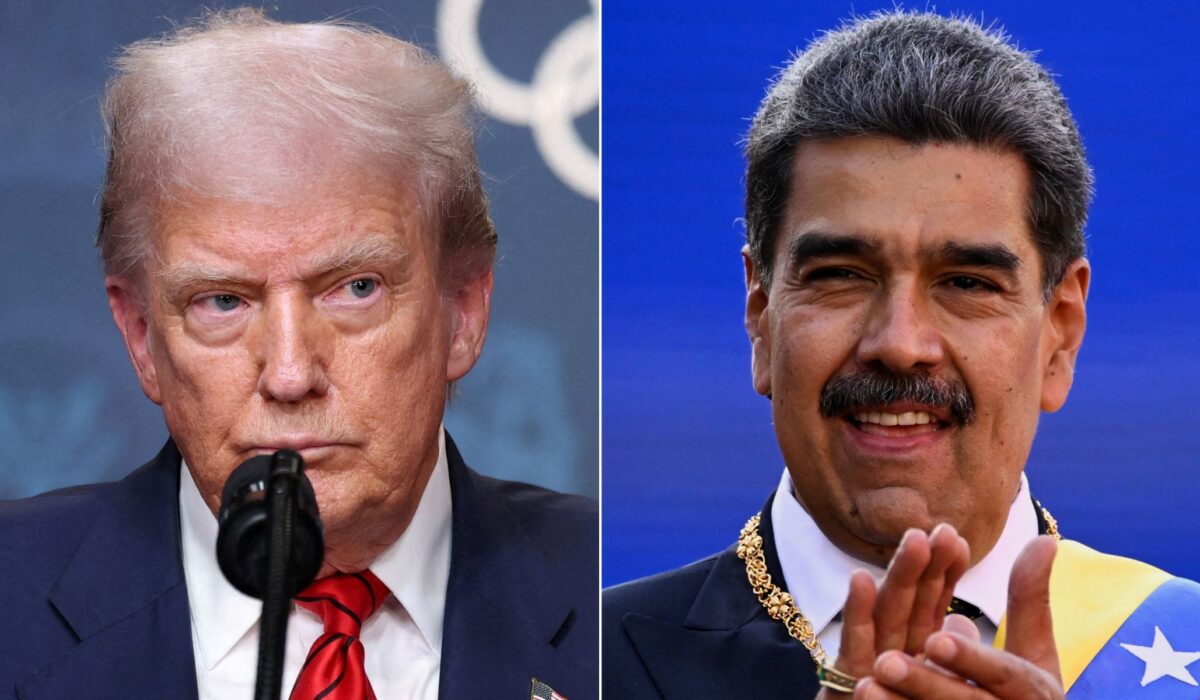Why Democrats Won’t Stand With Venezuela’s Fight for Freedom
Driven by anti-Trump rhetoric, many Democrats have become unwilling — or unable — to stand with Venezuela’s fight for freedom. That sentence captures a political reality: partisan fury has overtaken consistent foreign policy. When ideology replaces principle, ordinary Venezuelans lose.
Across the hemisphere, Americans who want a stable, democratic Western Hemisphere expect consistency, not theater. Republicans tend to argue that defending democracy abroad aligns with national security and basic decency. Supporting Venezuelan exiles and democratic movements is not a fringe cause, it’s a practical stance rooted in long-term U.S. interests.
Democrats who reflexively oppose anything associated with Trump risk confusing the public about who really backs freedom in Venezuela. The result is mixed messaging that weakens pressure on authoritarian regimes. When our diplomacy looks like a partisan scoreboard, adversaries exploit the gap.
Venezuela’s collapse under Maduro is a humanitarian and strategic disaster, with millions displaced and regional instability rising. Conservatives point to this as proof that unchecked authoritarianism devastates both people and markets. A clear, principled U.S. posture would focus on accountability and relief for victims.
Sanctions, when targeted and enforceable, are a tool Republicans favor because they impose costs on dictators while minimizing harm to vulnerable civilians. Critics say sanctions hurt ordinary people, and that’s a legitimate concern that merits careful policy design. The alternative, however, is often appeasement that leaves kleptocrats in place and suffering ongoing.
Part of the problem is the collapse of a shared language about freedom, sovereignty, and the rule of law. When those words are weaponized in domestic fights, they lose meaning abroad. For many conservatives, reclaiming that language means pushing for policies that are consistent and visible to Venezuelans who still dream of democratic change.
Practical Republicans also highlight the strategic stakes: a failed Venezuela exports instability, narcotics, and migration pressures that affect the region and the United States. That reality connects foreign policy to border security, economic stability, and alliance management. Ignoring it because of a domestic vendetta is short-sighted and dangerous.
There are legitimate tactical disagreements on how best to pressure Maduro without worsening suffering, and those debates should be public and principled. Republicans argue for sustained diplomatic isolation of dictators backed by coordinated international enforcement and clear offerings to opposition leaders. This isn’t about scoring points; it’s about aligning actions with declared American values.
Venezuelan-Americans and Latin American neighbors deserve a United States that shows leadership based on conviction, not partisan revenge. For conservatives, that leadership combines moral clarity with smart leverage and humanitarian care. The moral case is simple: people starving under authoritarian rule deserve allies, not partisan indifference.
If the U.S. wants to restore influence in Latin America, political games must stop dictating foreign policy choices. Republicans will continue to press for policies that back democratic institutions, support refugees, and punish kleptocrats without abandoning the vulnerable. Ending Venezuela’s tragedy requires more than rhetoric; it needs steady, values-driven strategy that can survive partisan cycles.

